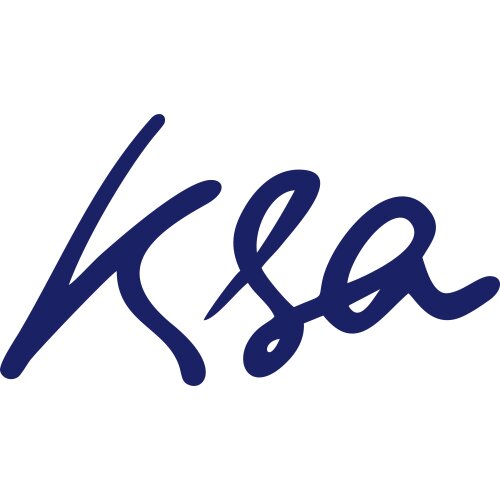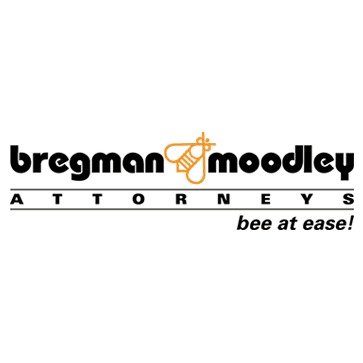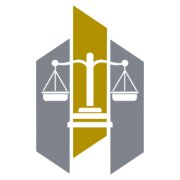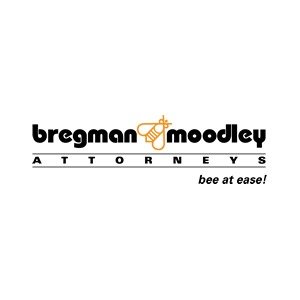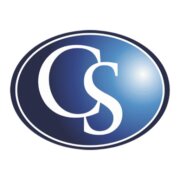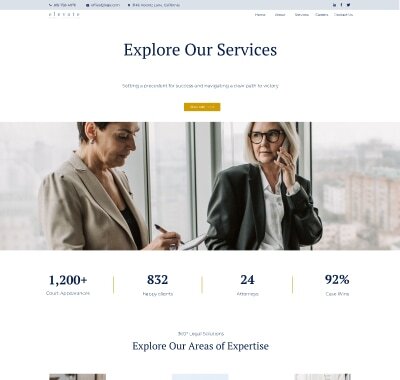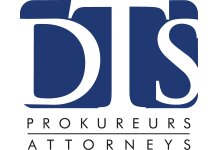Best Ethics and Professional Responsibility Lawyers in Johannesburg
Share your needs with us, get contacted by law firms.
Free. Takes 2 min.
List of the best lawyers in Johannesburg, South Africa
About Ethics and Professional Responsibility Law in Johannesburg, South Africa
Ethics and Professional Responsibility law in Johannesburg, South Africa, focuses on the standards and regulations governing professional conduct across various fields, particularly legal and financial sectors. These laws are designed to ensure that professionals act with integrity, honesty, and responsibility, maintaining the trust of the public they serve. In Johannesburg, as part of South Africa's legal framework, ethical professional conduct is enforced by professional bodies and regulated by statutory provisions that aim to prevent misconduct and promote high ethical standards.
Why You May Need a Lawyer
There are several situations in which one might require legal assistance in the realm of Ethics and Professional Responsibility. Common scenarios include:
- Facing allegations of professional misconduct or breach of ethical duties.
- Seeking advice on complying with ethical standards and responsibilities within your profession.
- Involvement in disciplinary proceedings or hearings related to professional conduct.
- Documenting and reporting unethical behavior noticed within the workplace.
- Understanding your rights and obligations under the current ethical frameworks.
- Dealing with disputes involving breaches of professional duties.
Local Laws Overview
In Johannesburg, Ethics and Professional Responsibility laws are guided by both national legislation and local regulations. Key aspects include:
- The Legal Practice Act 28 of 2014, which regulates the conduct of legal professionals, ensuring adherence to ethical standards.
- Codes of conduct specific to various professional bodies, such as the South African Institute of Chartered Accountants (SAICA) and the Health Professions Council of South Africa (HPCSA).
- Common law principles that govern fiduciary duties and the standard of care required in professional services.
- Disciplinary procedures established by professional bodies to handle cases of misconduct effectively.
- Statutory guidelines for reporting unethical conduct and whistleblowing protections.
Frequently Asked Questions
What is professional responsibility?
Professional responsibility refers to the ethical obligations and duties that professionals are expected to adhere to in their practice, ensuring they act in the best interest of their clients and the broader community.
How are ethical standards enforced in Johannesburg?
Ethical standards in Johannesburg are enforced through a combination of statutory laws, professional bodies' codes of conduct, and disciplinary hearings, all aimed at ensuring compliance and addressing violations.
What can happen if I’m found guilty of professional misconduct?
If found guilty of professional misconduct, consequences may include fines, suspension, revocation of professional licenses, or other legal actions depending on the severity of the misconduct.
Can I report unethical behavior anonymously?
Yes, many professional bodies and legal frameworks in South Africa allow for anonymous reporting of unethical conduct, particularly under whistleblower protection provisions.
What should I do if I’m accused of an ethical violation?
If accused of an ethical violation, it is crucial to seek legal advice immediately to understand your rights and prepare a defense. A lawyer can guide you through the process and represent you in disciplinary proceedings.
Who governs the conduct of lawyers in Johannesburg?
The conduct of lawyers is primarily governed by the Legal Practice Council, which sets out the ethical standards and handles disciplinary actions within the profession.
Are there specific laws for corporate ethics in Johannesburg?
Yes, corporate ethics are covered under various legislation, including the Companies Act and industry-specific regulations, providing a framework for ethical corporate governance and conduct.
How can I ensure compliance with ethics regulations in my profession?
Ensuring compliance involves regularly consulting your profession’s code of conduct, staying informed about changes in the law, and seeking legal advice when necessary to clarify obligations.
What is the role of a compliance officer?
A compliance officer ensures that a company operates in accordance with external regulatory requirements and internal policies, mitigating risks of ethical breaches within an organization.
Where can I find legal aid for ethics and responsibility issues?
Legal aid can be found through various sources, such as regulatory bodies, professional associations, and legal advice clinics specializing in ethics and professional responsibility.
Additional Resources
For those seeking additional information or assistance, consider reaching out to the following resources:
- Legal Practice Council (LPC): Provides guidelines and disciplinary actions for legal professionals.
- South African Institute of Chartered Accountants (SAICA): Offers resources and support for ethical accounting practices.
- Health Professions Council of South Africa (HPCSA): Governs the conduct of healthcare professionals.
- Public Protector South Africa: Addresses complaints about ethical breaches in public administration.
- South African Human Rights Commission (SAHRC): Deals with issues related to human rights and ethics.
Next Steps
If you're in need of legal assistance regarding Ethics and Professional Responsibility, consider taking the following steps:
- Identify the specific issues or allegations you are facing to present a clear picture to your legal advisor.
- Consult a lawyer who specializes in ethics and professional responsibility to discuss your case and explore potential legal actions.
- Collect any relevant documents, communications, or evidence that may support your case or defense.
- Consider reaching out to your professional body's advisory services for additional guidance and support.
- Develop a thorough understanding of your rights and obligations to prepare for any potential proceedings or negotiations.
Lawzana helps you find the best lawyers and law firms in Johannesburg through a curated and pre-screened list of qualified legal professionals. Our platform offers rankings and detailed profiles of attorneys and law firms, allowing you to compare based on practice areas, including Ethics and Professional Responsibility, experience, and client feedback.
Each profile includes a description of the firm's areas of practice, client reviews, team members and partners, year of establishment, spoken languages, office locations, contact information, social media presence, and any published articles or resources. Most firms on our platform speak English and are experienced in both local and international legal matters.
Get a quote from top-rated law firms in Johannesburg, South Africa — quickly, securely, and without unnecessary hassle.
Disclaimer:
The information provided on this page is for general informational purposes only and does not constitute legal advice. While we strive to ensure the accuracy and relevance of the content, legal information may change over time, and interpretations of the law can vary. You should always consult with a qualified legal professional for advice specific to your situation.
We disclaim all liability for actions taken or not taken based on the content of this page. If you believe any information is incorrect or outdated, please contact us, and we will review and update it where appropriate.



